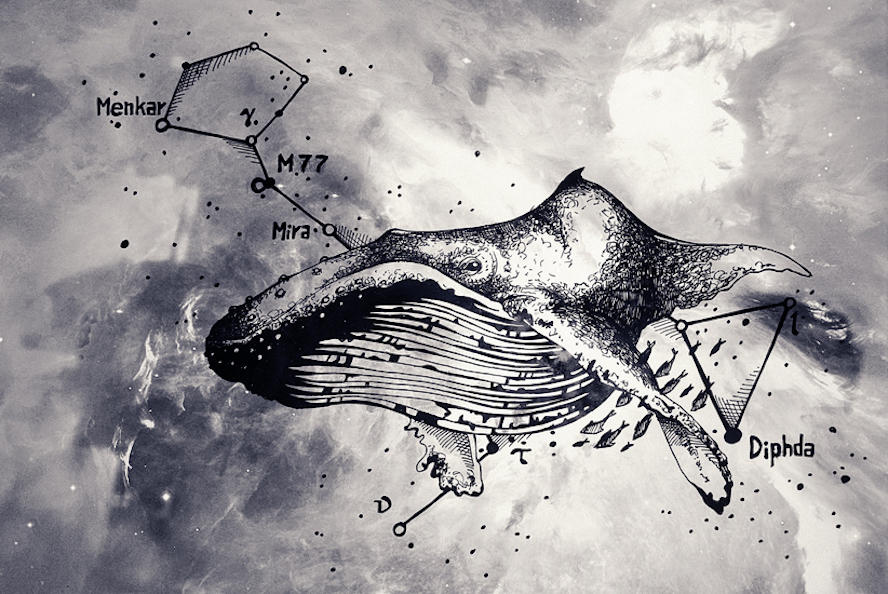An automated ingestion service for blogs to construct a corpus for NLP research.
This quick start is intended to get you setup with Baleen in development mode (since the project is still under development). If you'd like to run Baleen in production, please see the documentation.
- Clone the repository
$ git clone git@github.com:bbengfort/baleen.git
$ cd baleen
- Create a virtualenv and install the dependencies
$ virtualenv venv
$ source venv/bin/activate
$ pip install -r requirements.txt
- Add the
baleenmodule to your$PYTHONPATHvia the virtualenv.
$ echo $(pwd) > venv/lib/python2.7/site-packages/baleen.pth
- Create your local configuration file. Edit it with the connection details to your local MongoDB server. This is also a good time to check and make sure that you can create a database called Baleen on Mongo.
$ cp conf/baleen-example.yaml conf/baleen.yaml
debug: true
testing: false
database:
host: localhost
port: 27017
name: baleen
server:
host: 127.0.0.1
port: 5000
- Run the tests to make sure everything is ok.
$ make test
- Make sure that the command line utility is ready to go:
$ bin/baleen --help
- Import the feeds from the
feedly.opmlfile in the fixtures.
$ bin/baleen load tests/fixtures/feedly.opml
Ingested 36 feeds from 1 OPML files
- Perform an ingestion of the feeds that were imported from the
feedly.opmlfile.
$ bin/baleen ingest
Your Mongo database collections should be created as you add new documents to them, and at this point you're ready to develop!
Included in this repository are files related to setting up the development environment using docker if you wish.
-
Install Docker Machine and Docker Compose e.g. with Docker Toolbox.
-
Clone the repository
$ git clone git@github.com:bbengfort/baleen.git
$ cd baleen
- Create your local configuration file. Edit it with your configuration details; your MongoDB server will be at host
mongo.
$ cp conf/baleen-example.yaml conf/baleen.yaml
debug: true
testing: false
database:
host: mongo
port: 27017
name: baleen
server:
host: 127.0.0.1
port: 5000- Exec interactively into the
appcontainer to interact with baleen as described in the above setup directions 5-8.
docker exec -it baleen_app_1 /bin/bash
There is a simple Flask application that ships with Baleen that provides information about the current status of the Baleen ingestion. This app can be run locally in development with the following command:
$ bin/baleen serve
You can then reach the website at http://127.0.0.1:5000/. Note that the host and port can be configured in the YAML configuration file or as command line arguments to the serve command.
The web application is deployed in production as an Nginx + uWSGI + Flask application that is managed by upstart.
Baleen is a tool for ingesting formal natural language data from the discourse of professional and amateur writers: e.g. bloggers and news outlets. Rather than performing web scraping, Baleen focuses on data ingestion through the use of RSS feeds. It performs as much raw data collection as it can, saving data into a Mongo document store.
The image used in this README, "Space Whale" by hbitik is licensed under CC BY-NC-ND 3.0

